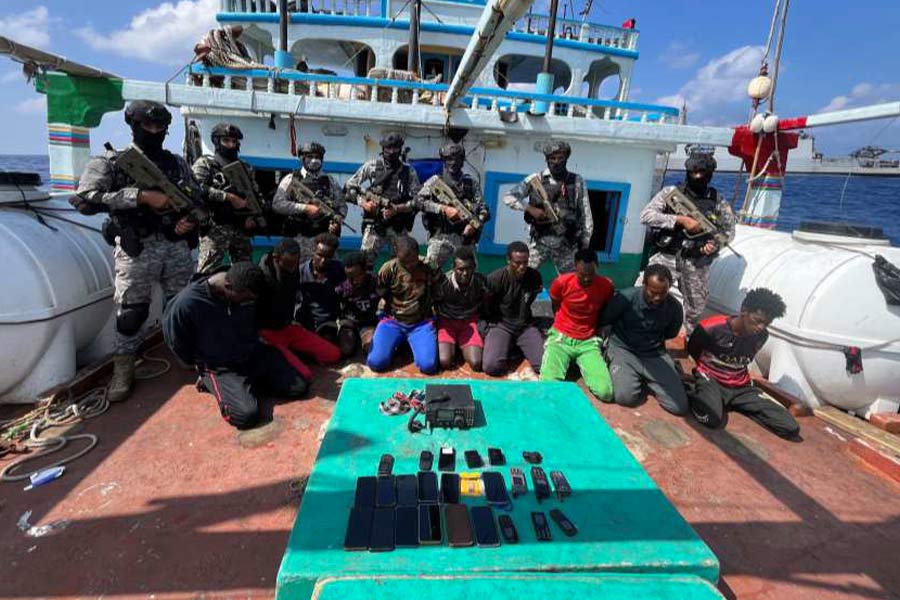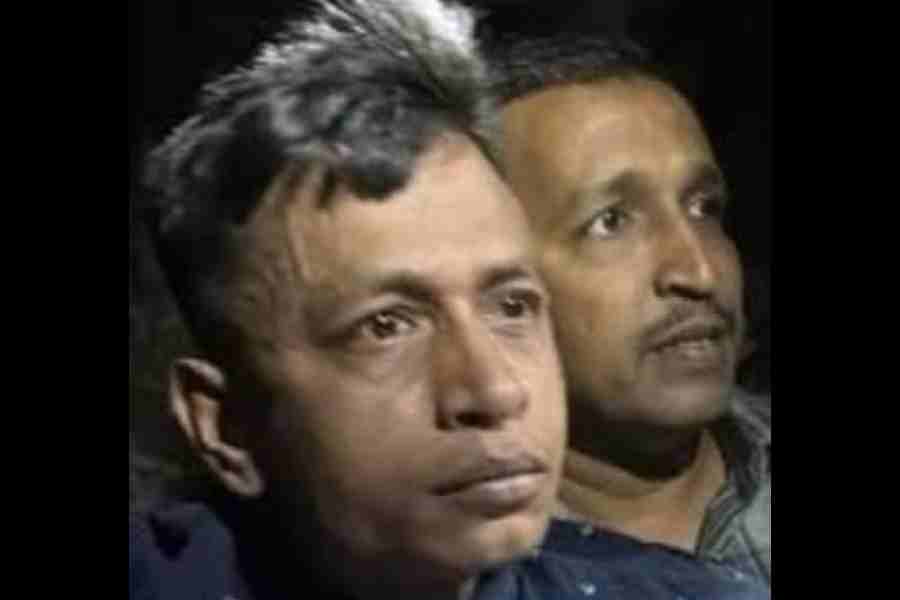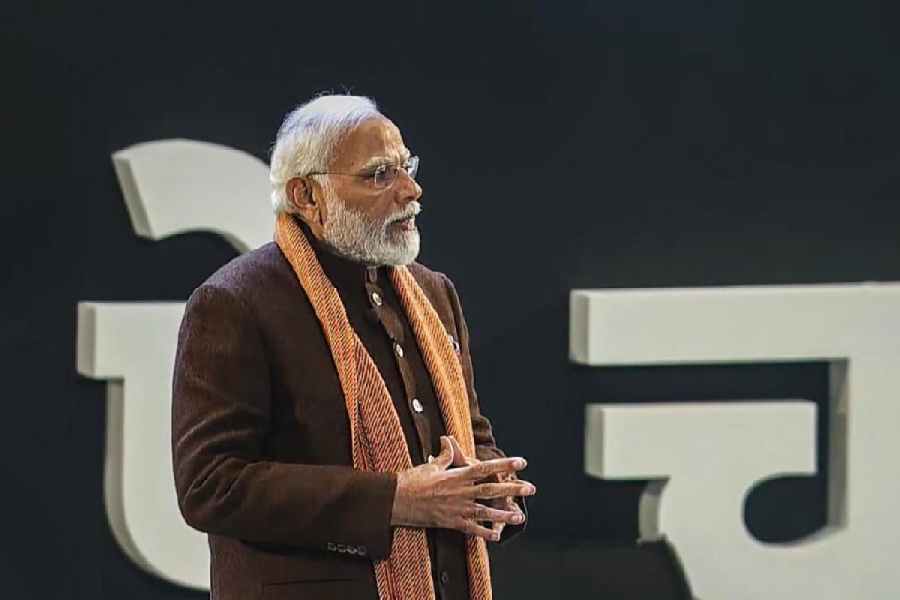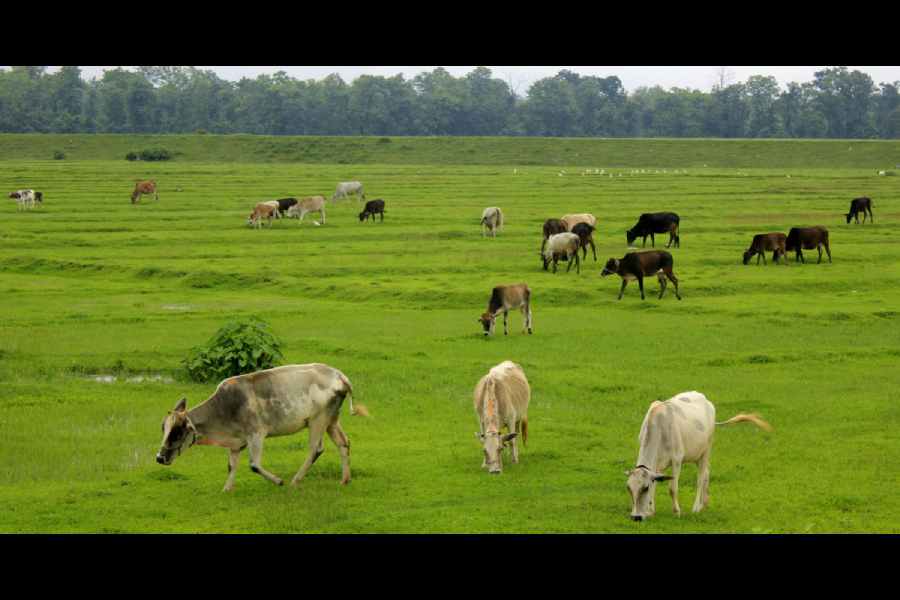The US is engaged with India on the issue of alleged failed plot to kill a Sikh separatist and it is looking forward to the findings of the high-level committee appointed by New Delhi to probe the matter, US Deputy Secretary of State Richard Verma said on Tuesday.
In December, Washington said it thwarted an alleged plot hatched by an Indian agent to kill Sikh separatist Gurpatwant Singh Pannun on American soil. India has already constituted a probe committee to investigate the allegations.
"On the issue that was raised, look, we raised our concerns with the government of India. There is a committee of inquiry looking into the matter and we will stay engaged with the government and look forward to their findings and they've taken it very seriously. And we're grateful for that," Verma said.
The former US Ambassador to India was responding to a question at an interactive session organised by the Observer Research Foundation (ORF).
Delving into various geo-political challenges, he also lauded the Indian Navy's role in strategic waters in view of attacking Houthi militants attacking various commercial vessels in the Red Sea.
"We appreciate everything India has been doing in the Red Sea with its Navy and the incredible support that they have provided. I am grateful to all of our US military partners or other coalition partners," he said.
In the last few weeks, the Indian Navy extended assistance to a number of merchant vessels in the Arabian Sea following attacks on them. India has not joined any coalition including the one backed by the US in view of the security situation in the Red Sea.
Verma said the US-India relations are "surging forward at a pace and scale that many of us could not have predicted only a few years ago".
He also suggested that the cooperation under the Quad framework is not to contain China and that the overarching goal is to ensure a peaceful Indo-Pacific region.
More broadly, that stands on its own and I think it sends a very powerful message around the world, he said, adding the threats in the Indo-Pacific are "real".
"The threats we face are real, but building our collective capabilities, increasing our sharing of information and improving maritime domain awareness and interoperability, for example, will ensure India continues to be a provider of net security across the Indo Pacific region and beyond," Verma said.
"And the US will continue to be a Pacific power for the decades ahead," he said, adding that Washington's work on protecting, preserving and strengthening democracy will continue.
The fight is even more important in view of the rise of autocratic and authoritarian leaders and movements that seek to undermine the rules based order, he said in comments seen as an oblique reference to leadership of China and Russia.
"This includes continuing to strengthen a global rules based order, architecture, ensuring we bridge divides on income inequality and battling miss and disinformation. Democracy must continue to deliver for our peoples," he said.
On US-China rivalry, Verma said, "We are engaged intensively in strategic competition with China; cooperating where we can, but competing aggressively to protect the rules based (global) order." He also noted that former US presidents Harry S Truman, Dwight Eisenhower and John F Kennedy were all committed to seeing a strong US-India relationship.
The senior American official said before Kennedy became President in 1961, as a Senator said the fate of Asia rests with India.
Following the Chinese attack on India in 1962, President Kennedy committed thousands of tonnes of ammunition, and even provided significant logistics and intelligence support to New Delhi.
"He was committed to India's success and its defence. And then yes, somewhat rapidly and for reasons that I think are too complex to cover today in the short amount of time we have, India and the United States went their separate ways for nearly 25 years," he said.
Verma said "We lost a generation of cooperation and the important lessons are to be learned from that period so that we don't repeat the mistakes of the past." He said President Bill Clinton's visit to India in 2000 marked the launch of "full scale partnership" between the two countries.
"And in these 24 years, we have grown dramatically in every facet of our cooperation. We went from USD 0 in defence sales to now being major defence partners, co production partners and conducting the most complex exercises in every facet in defence," he said.
On Sri Lanka, Verma said both India and the US have very "long and important" relationships with the island nation.
Except for the headline, this story has not been edited by The Telegraph Online staff and has been published from a syndicated feed.











